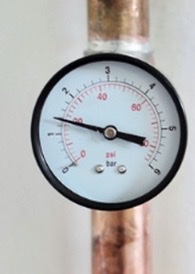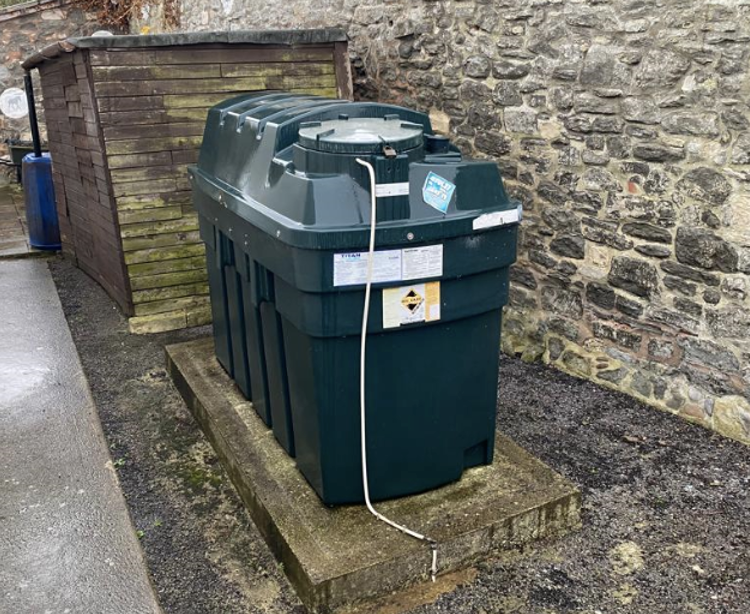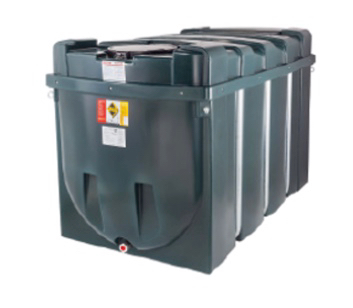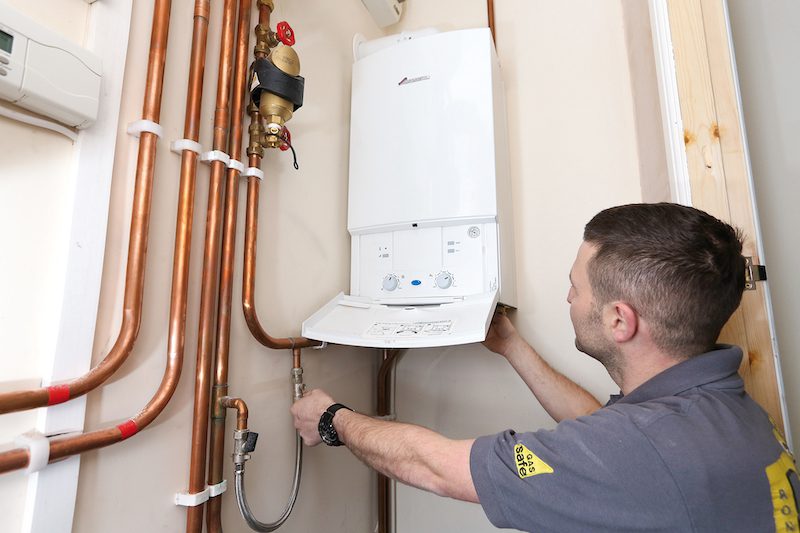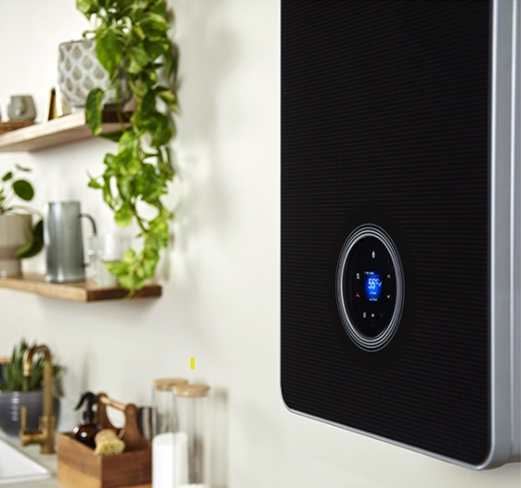Low boiler pressure is not dangerous, it won’t put anybody in your household at risk.
If you’re unsure whether your boiler pressure is low, look out for some of these symptoms:
- No heating or hot water
- Radiators not warming properly
- Dial on pressure gauge has fallen (pressure should be between 1 and 2 bars)
Boilers play a crucial role in various industries and residential settings, providing the necessary heat and hot water for a range of applications. However, a common issue that can arise with boilers is low pressure, which can significantly affect their efficiency and performance. In this article, we will explore the causes of low boiler pressure, its implications, and potential solutions to rectify the problem.
- Understanding Boiler Pressure:
Boiler pressure refers to the force exerted by steam or water inside a boiler vessel. It is essential for boilers to maintain adequate pressure to ensure efficient heating and hot water supply. The pressure is typically measured in units of bar or pounds per square inch (psi). Normal boiler pressure typically ranges from 1 to 1.5 bar (15 to 22 psi), depending on the type and size of the boiler.
- Causes of Low Boiler Pressure:
There are several common causes of low boiler pressure, including:
a) Water Leaks: One of the most frequent causes of low pressure is water leaks within the boiler system. Leaks can occur in various parts, such as the pipes, valves, radiator, or the boiler itself. When water escapes the system, it leads to a drop in pressure.
b) Bleeding Radiators: When air accumulates in the radiators, it can displace water and lead to low pressure. This often occurs after maintenance or if the system hasn’t been properly bled.
c) Faulty Pressure Relief Valve: The pressure relief valve is designed to release excess pressure from the boiler. If this valve is faulty or malfunctions, it can cause pressure to drop below normal levels.
d) Closed Water Supply Valve: If the water supply valve supplying water to the boiler is closed or partially closed, it can result in low pressure.
e) Incorrect Boiler Installation: Improper installation can lead to inadequate pressure levels. This may occur if the system has not been properly balanced or if the expansion vessel is incorrectly sized.
- Implications of Low Boiler Pressure:
Low boiler pressure can have several implications, including:
a) Inadequate Heating: Insufficient pressure may result in reduced heating efficiency, leading to cold spots or rooms not being adequately warmed. This can be particularly problematic during colder months.
b) Hot Water Issues: Low pressure can impact the production of hot water, causing slow or weak water flow from taps and showers.
c) Boiler Damage: Operating a boiler at low pressure for an extended period can lead to additional problems, such as boiler overheating or potential damage to internal components.
- Resolving Low Boiler Pressure:
To address low boiler pressure, consider the following steps:
a) Check for Leaks: Inspect the entire boiler system, including pipes, radiators, and the boiler itself, for any signs of water leakage. Repairing leaks will help restore pressure levels.
b) Bleed Radiators: If air is trapped within the radiators, bleeding them will release the air and restore proper water flow, ultimately increasing pressure.
c) Pressure Relief Valve: Ensure the pressure relief valve is functioning correctly. If faulty, it should be replaced by a qualified technician.
d) Water Supply Valve: Check that the water supply valve is fully open to ensure proper water flow into the boiler.
e) Seek Professional Assistance: If the issue persists or if you are unsure about the cause, it is recommended to contact a professional boiler technician or plumber who can diagnose and resolve the problem safely and efficiently.
Low boiler pressure can significantly impact the performance and efficiency of a boiler system, leading to inadequate heating and hot water supply. Understanding the causes and implications of low pressure is essential for timely detection and resolution. By following the appropriate troubleshooting steps and seeking professional assistance when needed, individuals can restore their boiler’s pressure, ensuring optimal functioning and comfort within their homes or businesses. Regular maintenance and inspections are also crucial in preventing low pressure issues, ensuring the smooth operation of the boiler system in the long run.
